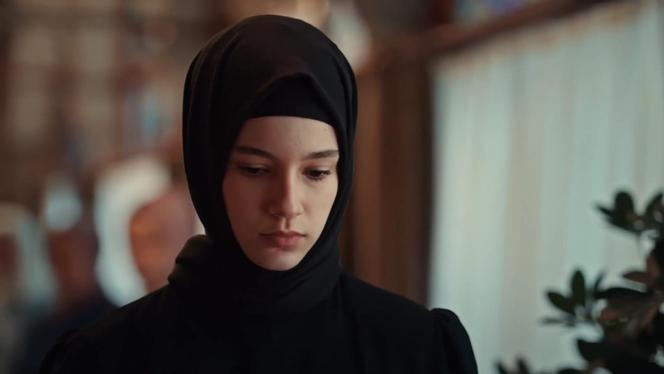

LETTER FROM ISTANBUL

Turkey is a fascinating country. Less than a year after unleashing a social media storm, leading to a two-week broadcast ban by Ankara's highest authorities and angering the most conservative segments of society, a TV series about a woman's life within a religious brotherhood has achieved an almost unimaginable feat. Every Monday evening, it brings together two of the most opposed factions in Turkish society: believers and secularists, supporters of the steadfast Recep Tayyip Erdoğan and those who despise him – in other words, the two most representative and antagonistic blocs in this deeply polarized country.
But let's go back in time. In January, the series Red Roses (Kizil Goncalar in Turkish, in reference to rosebuds) had just made its debut. After just two episodes, it hit the front pages of Turkish newspapers. Conservative pro-government media were outraged, scandalized by what they saw as irreverence and disrespect for religion and its followers. The opposition, on the other hand, rallied behind the series, believing it to be a matter of freedom of expression.
Two episodes were banned by RTÜK, the Radio and Television Supreme Council, and the broadcaster, the private Fox TV channel, was heavily fined. In reality, Red Roses had touched a nerve in Turkish society, exposing the heightened tensions of a country immersed in an obsessive "moral war" between two ways of life, one secular, the other Islamic.
Why is this so? Firstly, the series hit screens in the noisy run-up to the municipal elections, a vote that would mark one of the biggest defeats for Erdoğan's Islamo-conservative Justice and Development Party (AKP) since it came to power in 2002. Secondly, the plot follows the encounter between a woman and a man from very different backgrounds – two worlds which, in real life in Turkey, rarely, if ever, interact.
Played by two great popular actors, the series is built around the contrast between the captivating Özgü Namal, who plays Meryem, a pious and tormented mother from a modest background in an Anatolian village, and Özcan Deniz, who convincingly plays Levent, an uncompromising, if sometimes borderline caricatured, Kemalist psychiatrist.
Meryem is a member of an important and influential Islamic religious brotherhood, a tariqa. Her Sufi-inspired mystical order resembles, according to its own members, the Ismaelia community, one of the country's most powerful brotherhoods. A geographical coincidence? Ismaelia's headquarters are in Istanbul, very close to where, in the series, Meryem lives with her 16-year-old daughter, Zeynep, a brilliant and gifted math student.
You have 46.33% of this article left to read. The rest is for subscribers only.
